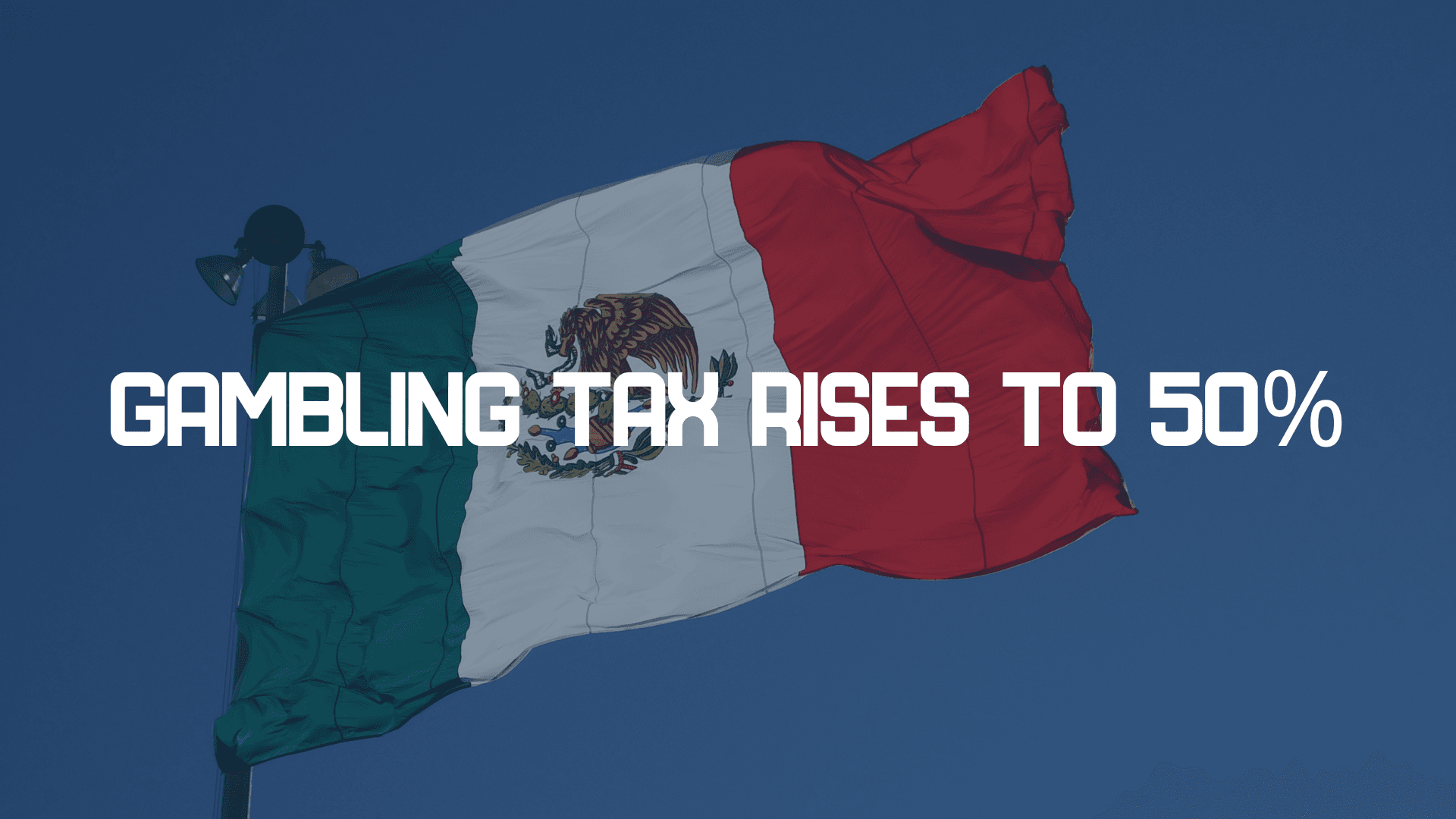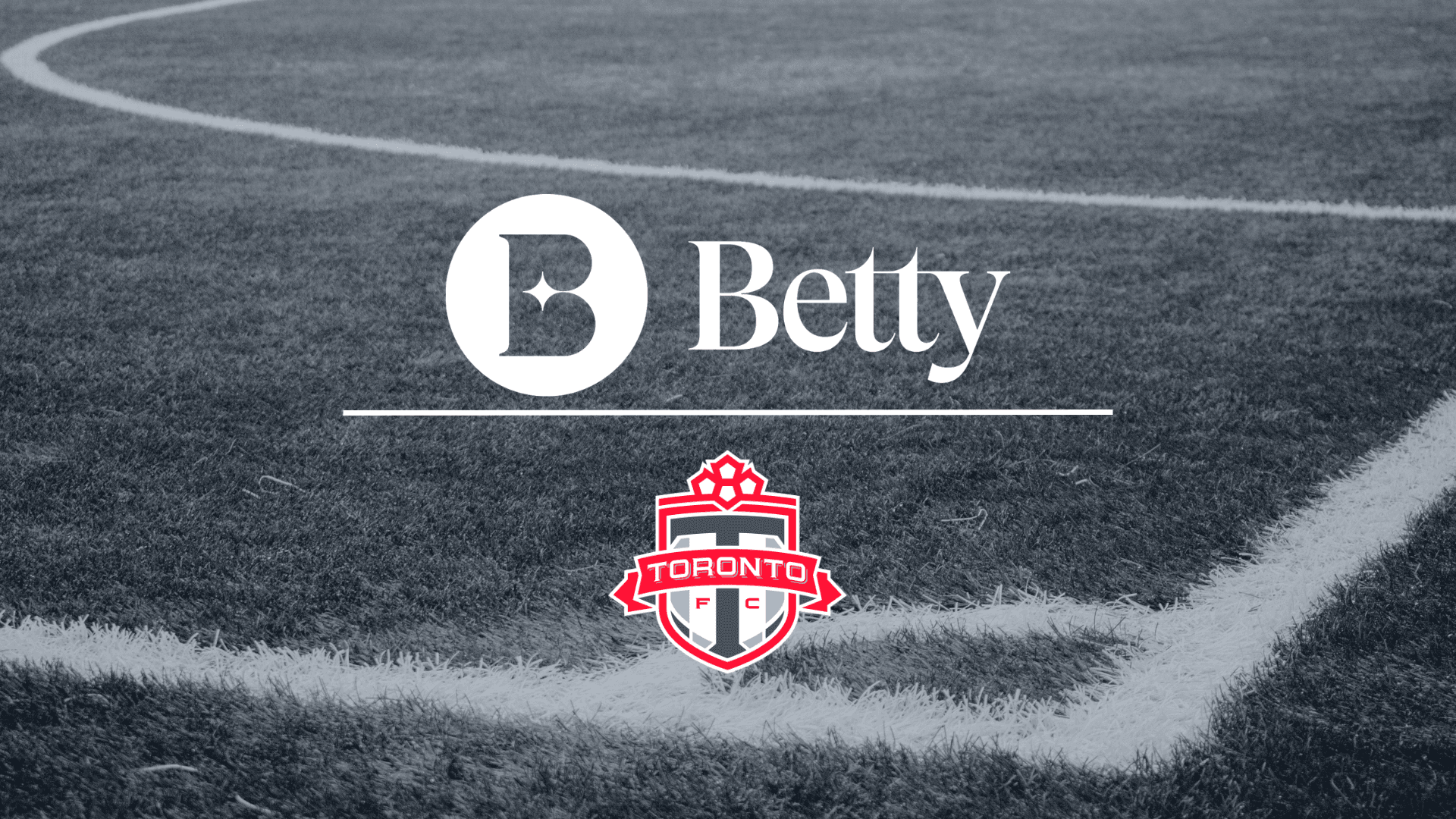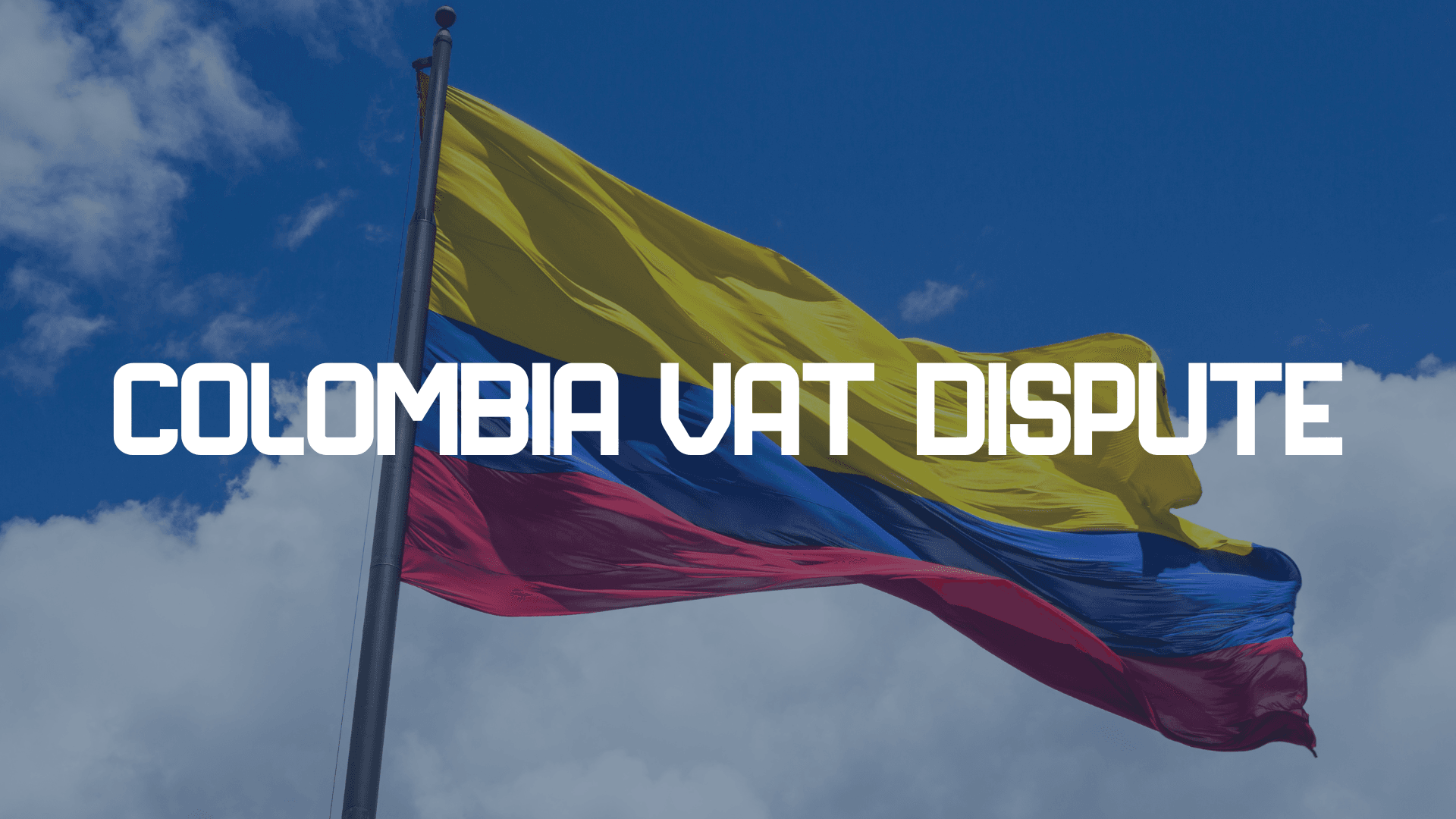
The Mexican government has announced plans to increase the Gambling Tax from 30 percent to 50 percent. This sharp rise arrives at a defining moment for the country’s iGaming sector, which has been gaining momentum in the lead-up to the 2026 FIFA World Cup. While the objective may be to increase tax revenues, the decision risks undermining the very growth that made Mexico one of the most promising iGaming markets in LATAM.
A Disincentive for Foreign Operators
A sudden 20 percent tax increase significantly alters the financial viability of entering the Mexican market. For foreign operators evaluating international expansion, a predictable and sustainable regulatory framework is essential. A 50 percent tax rate reduces margins to a level that will discourage many operators from considering Mexico as a strategic growth market.
Market Protection for Caliente
The increase strengthens Caliente’s already dominant position. As the market leader with deep local roots, Caliente can absorb higher taxation far more easily than new entrants or smaller brands. Market leader Caliente will benefit from these regulatory decisions that limit competition, as the market becomes less accessible for new operators and increasingly protected for incumbents.
Pressure on Smaller Operators
Smaller operators will face direct financial pressure once the increased tax comes into effect. Reduced margins will lead to lower reinvestment capacity, diminished marketing budgets, and a weakened ability to compete with dominant brands. In such an environment, larger operators will consolidate even more market share, accelerating an imbalance that already existed between major players and challengers.
Risks for the UK Market
Concerns about a possible increase in the UK gambling tax to 50 percent mirror the situation in Mexico. If Mexico sets a precedent, it could influence discussions in other regulated markets. We hope that policymakers in the UK will not follow the Mexican example, as excessive taxation is counterproductive for market health, channelisation, and long-term consumer protection.
Growth of the Black Market
A higher Gambling Tax will limit the ability of regulated operators to offer competitive promotions, bonuses, and customer value. When legal options become less attractive, players inevitably start looking elsewhere. The black market is already active in Mexico and often expands when regulation becomes financially restrictive. This undermines both player safety and tax revenue objectives, creating the opposite outcome of what policymakers intend.
Delayed Development of the Mexican iGaming Market
The true impact of the tax increase may not be immediately visible. The 2026 FIFA World Cup will temporarily boost betting volume and mask underlying market instability. Once the event has passed, the reduced competitiveness, lower investment levels, and pressure on legal operators will become more evident. Mexico risks slowing its own market development at a critical time when LATAM is becoming increasingly competitive.
Our Recommendation
We will continue monitoring the situation closely and will inform you immediately when new developments arise.

Betsson Becomes Official Betting Partner of the Davis Cup

Betinia Expands Gamification Strategy with Diego Simeone ‘Football Manager’ Platform

Betty Expands Toronto Footprint with Argonauts and Toronto FC Deals

FeedConstruct Acquires Exclusive Global Rights to Argentine Basketball Leagues

Petro Pushes to Preserve Colombia’s Gambling VAT Amid Budget Pressure
2026 © Invixos. All rights reserved. A product by Jerom Verschoote.
